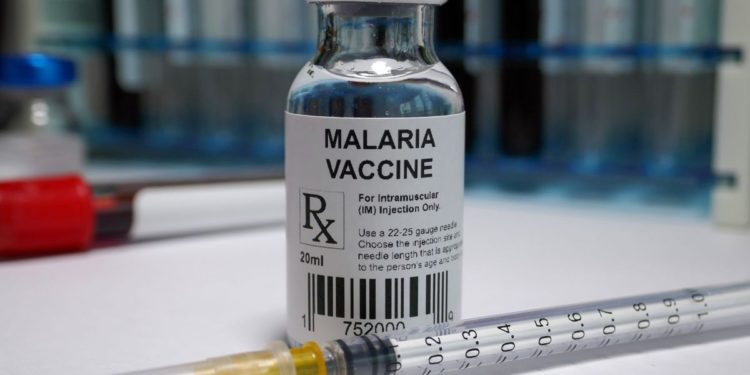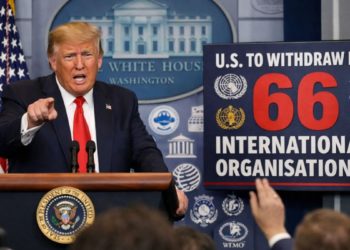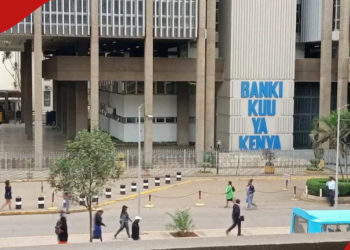The World Health Organization (WHO) has pre-qualified another malaria vaccine that was partially tested in Kilifi, Kenya. The vaccine will cost as little as KES 300 to KES 600.
The R21/Matrix-M malaria vaccine is the second vaccine to be pre-qualified by the WHO, after the RTS, S/AS01 vaccine, which was pre-qualified in July 2022.
The vaccine was developed by Oxford University and manufactured by the Serum Institute of India, and it marks a significant milestone in the prevention of malaria, especially for children in the African region.
According to the World Health Organization (WHO) Report, the regulator had in October this year recommended the R21/Matrix-M jab for the prevention of malaria in children, following the advice of the WHO Strategic Advisory Group of Experts (SAGE) on Immunization and the Malaria Policy Advisory Group.
This pre-qualification comes after Phase III trials that saw the enrolment of 4,800 children aged five months to three years in four countries across Africa: Kenya, Mali, Burkina Faso, and Tanzania.
The availability of two WHO-recommended and prequalified malaria vaccines is expected to increase supply to meet the high demand from African countries and result in sufficient vaccine doses to benefit all children living in areas where malaria is a significant public health risk.
As part of the prequalification process, WHO applies international standards to comprehensively evaluate and determine whether vaccines are safe, effective, and manufactured to international standards.
“The availability of a second malaria vaccine for children in the region should increase access to this valuable addition to the malaria toolbox,” the Kenya Medical Research Institute (KEMRI) said in its official statement on the jab.
This achievement underscores the relentless commitment of the health organization to wiping out malaria, which remains a formidable foe, causing child suffering and death.
WHO pre-qualifies second malaria vaccine to tackle child mortality


















